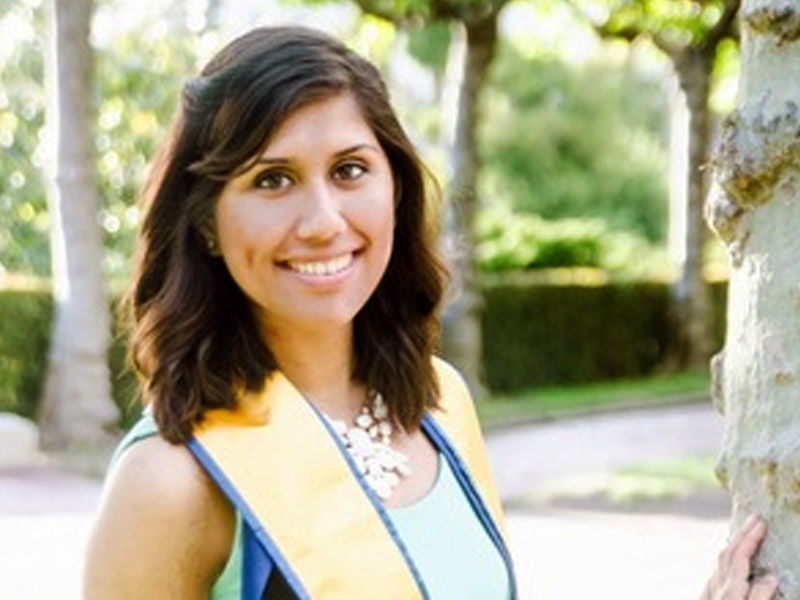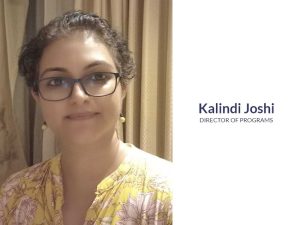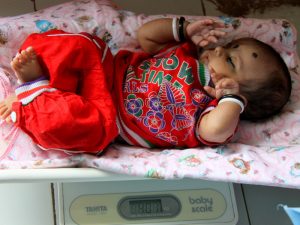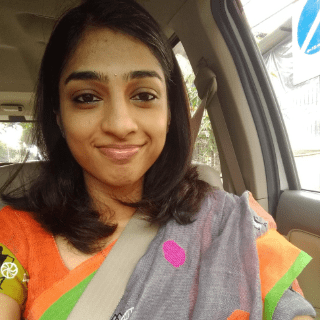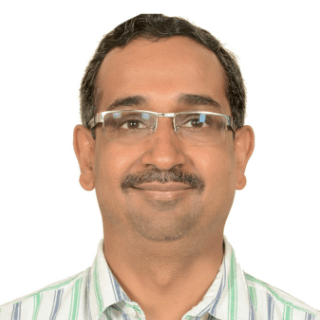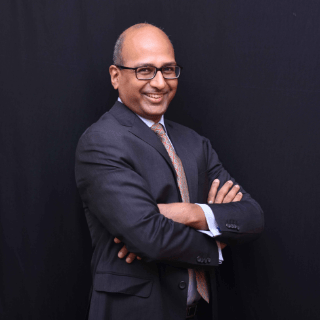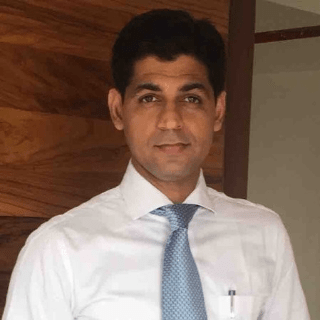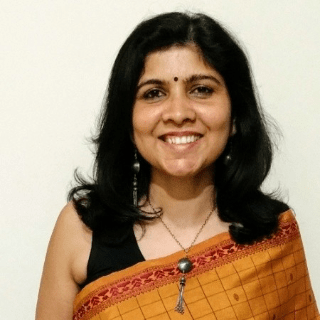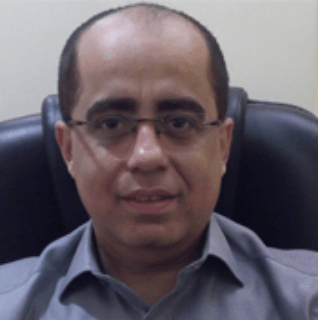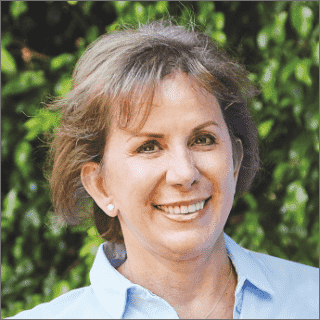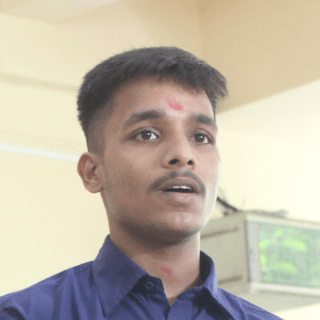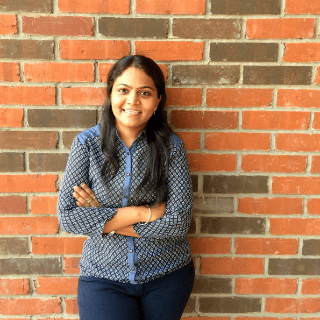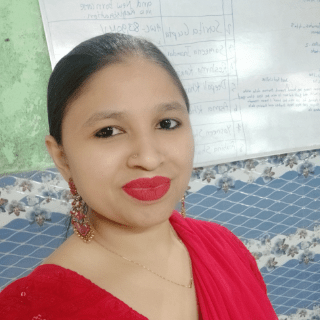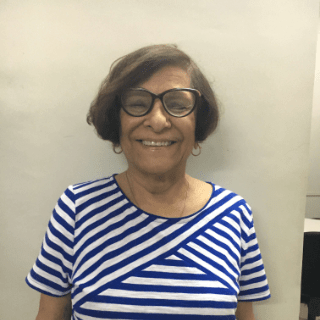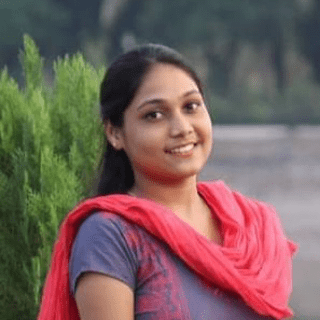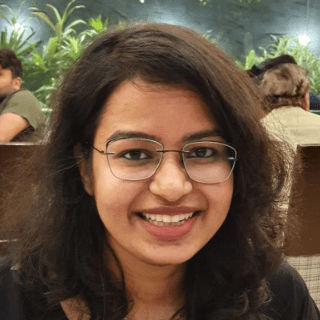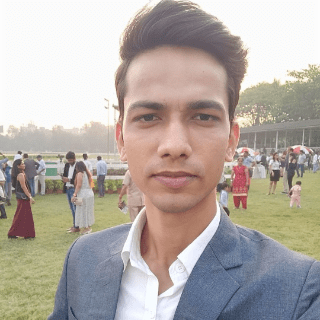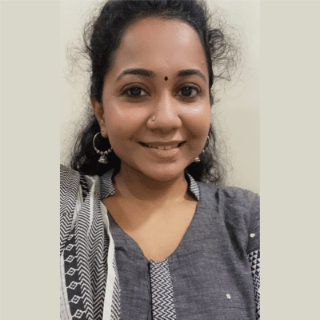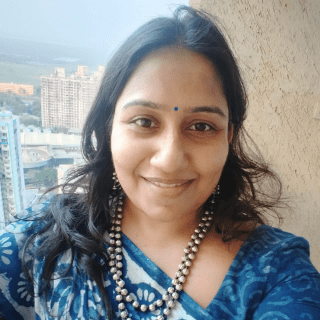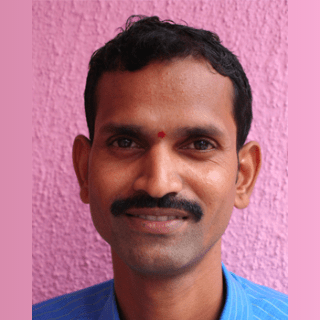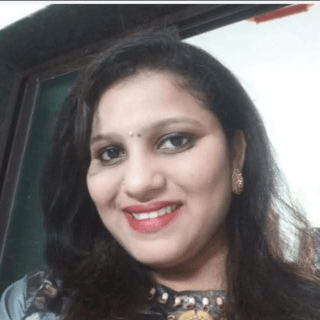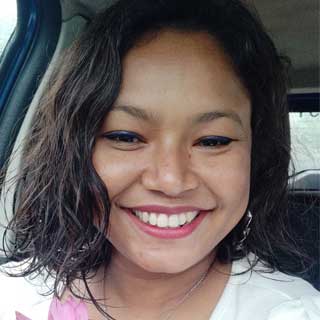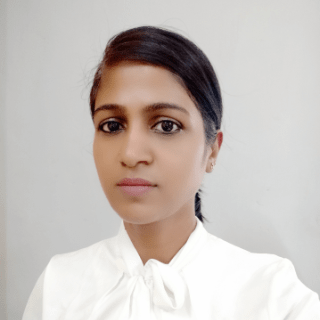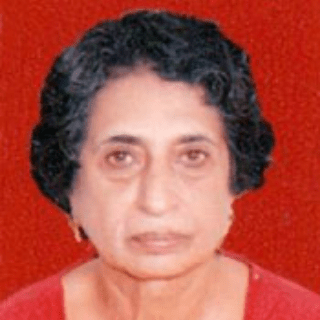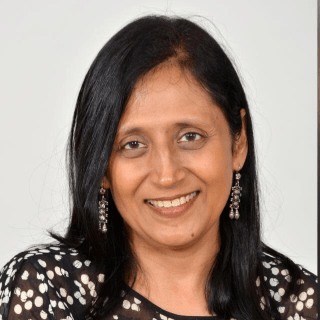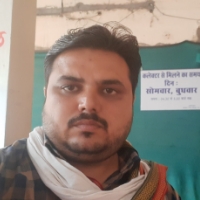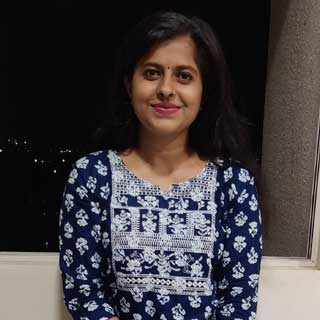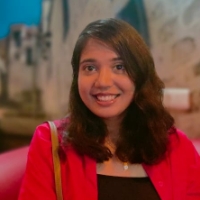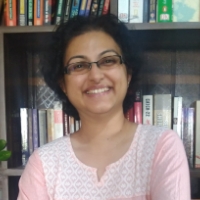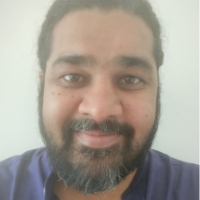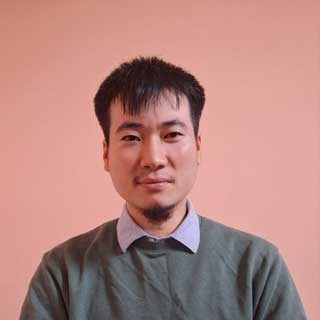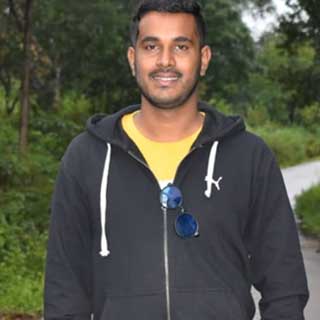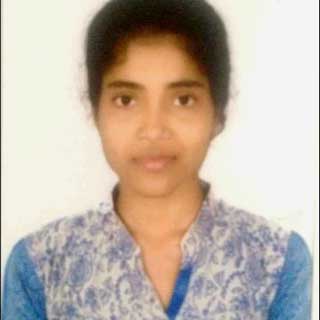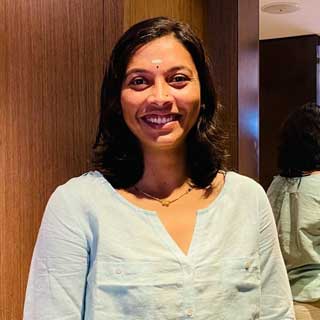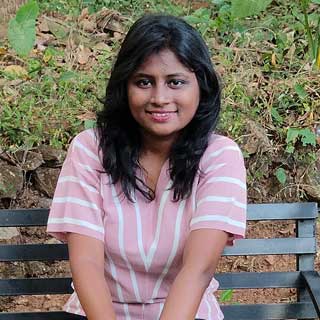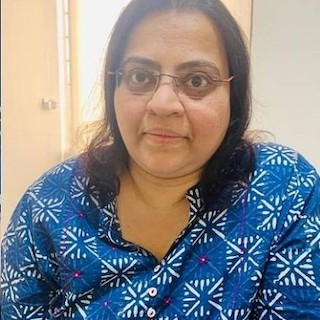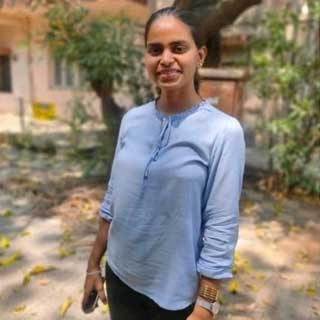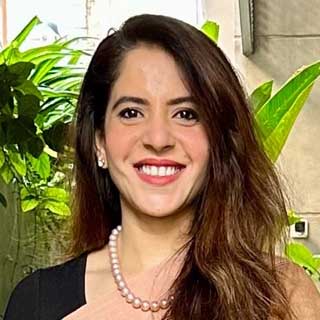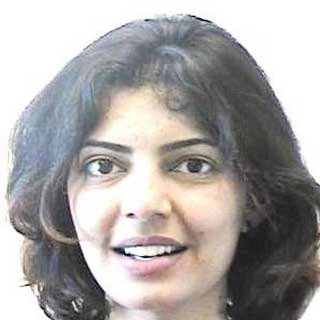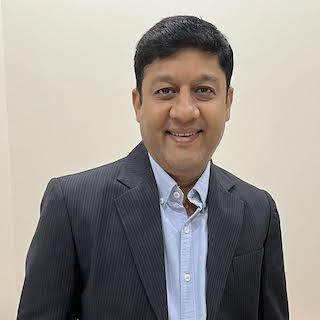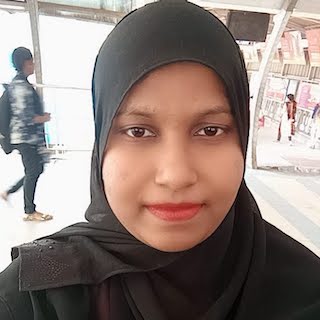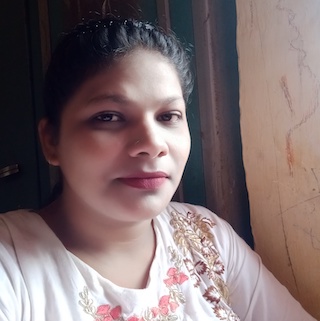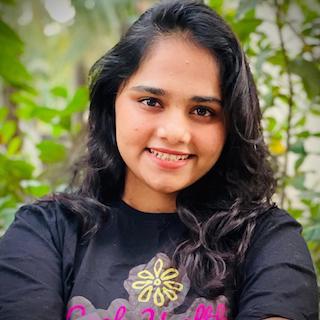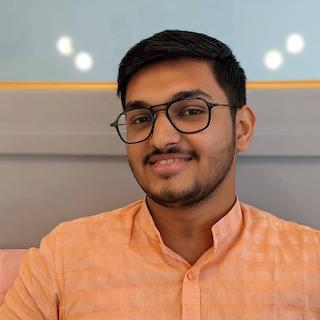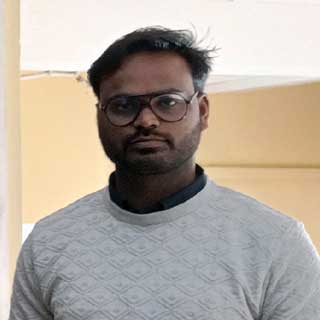In Mumbai, waking up to the sweltering Mumbai heat and sound of pigeons chirping and religious bells in a local temple was a familiar morning for many. As a brief visitor, for just 9 months, I quickly became accustomed to taking the local trains to and from Mahalaxmi, where I was working closely with the FMCH team.
I looked forward to greeting my colleagues at FMCH, in their Dhobi Ghat office. The team’s hard work, enthusiasm, and commitment to the communities they work in intermingled with bouts of jokes, laughter and great food formed some of my most cherished memories as a Fulbright-Nehru Scholar with FMCH (from August 2015 to May 2016). As a fresh graduate from the University of California, Berkeley, I was very excited to continue working with FMCH in Mumbai and deeply explore some issues that the FMCH team was already commenting on regarding maternal and child health in the vulnerable populations and environments they work in.
Starting my work with FMCH was almost like a homecoming– as an undergraduate student at UC Berkeley, I spent summers and winters coordinating an oral health camp with the FMCH team as part of a research and service project I was involved with. Immediately, I was awestruck and impressed with the way the team conducted its clinics, the immense amount of data the team collected, and how they used consistent impact evaluation and reflection to grow and improve their current programs.
When I returned to Mumbai in August 2015, as a Fulbright student scholar, I aimed to better understand and get closer to answering one simple question: what are the challenges that exist when an individual tries to translate “acquired knowledge” into “practice”. In the context of public health, I was curious to learn about how women who receive knowledge, counseling, and guidance at FMCH clinics are able to effectively (or not as effectively) implement these practices in their home environment. What are some key barriers that limit some women’s experiences? What are critical motivators that facilitate and enable women to succeed in caring for their own health or their child’s health? My ultimate goal was to better understand to reduce the gap between knowledge and practice, and provide concrete recommendations to FMCH to capitalize on evidence-based facilitators in the community.
Doing this work would not have been possible without the daily support from the FMCH team members. My research method involved qualitative interviews with mothers who were FMCH beneficiaries. These mothers regularly received counseling from nurses, health workers, pediatricians and dietitians from FMCH. They were the recipients of knowledge, and I wanted to learn about how they utilized these tools at home. I was impressed that FMCH recorded all of its data on tablets– the organization is very technologically advanced and savvy for its sector and this definitely improves the quality of care that women and children receive. The online, cloud-based database allowed me to directly assess and track which women were receiving care, their duration of care, and review their diet recalls and children’s height/weight patterns accordingly. I was also extremely inspired by how holistic the FMCH programs are. Women not only received counseling in weekly clinics but also had the opportunity to attend cooking demos (where they learned how to cook quick, easy, and healthy recipes), pregnancy club (where pregnant women received prenatal support and information) and breastfeeding clinic (where women received specialized care on breastfeeding practices and techniques). With all these resources available, I was thrilled and honored to be part of such a dynamic and thorough program that FMCH executes for these women.
Upon conducting interviews with mothers and some mother-in-laws, I developed a deeper sense of the mothers’ lived experiences in carrying out the knowledge and techniques they learned at FMCH. Many of the challenges were rooted in lack of time, support, and confidence in carrying out activities consistently. Others were based on cultural beliefs, family dynamics, and perceived self-confidence of the mother. I worked with the FMCH team, thereafter, to strategize on how to improve current operations to circumvent the barriers several mothers face in their community.
I walked away from my nine-month experience learning a great deal about my specific research interest, gaining tangible skills, and appreciating the wide range of work an organization like FMCH has to complete in order to produce high-quality outcomes for their beneficiaries. I witnessed the hard work each employee devotes to their position and the teamwork necessary to overcome challenges along the way. I was fascinated by the iterative and forward-thinking approach of the team– it is evident that FMCH is changing the dialogue about children’s nutrition and maternal health in Mumbai because of its in-depth and multi-dimensional programs.I am fortunate to have had the opportunity to work with them! The memories I’ve formed with the fun-loving team are ones I will carry with me throughout my career in public health and more. If you would like to learn more about my research with FMCH, please contact me at priyanka_a@berkeley.edu

